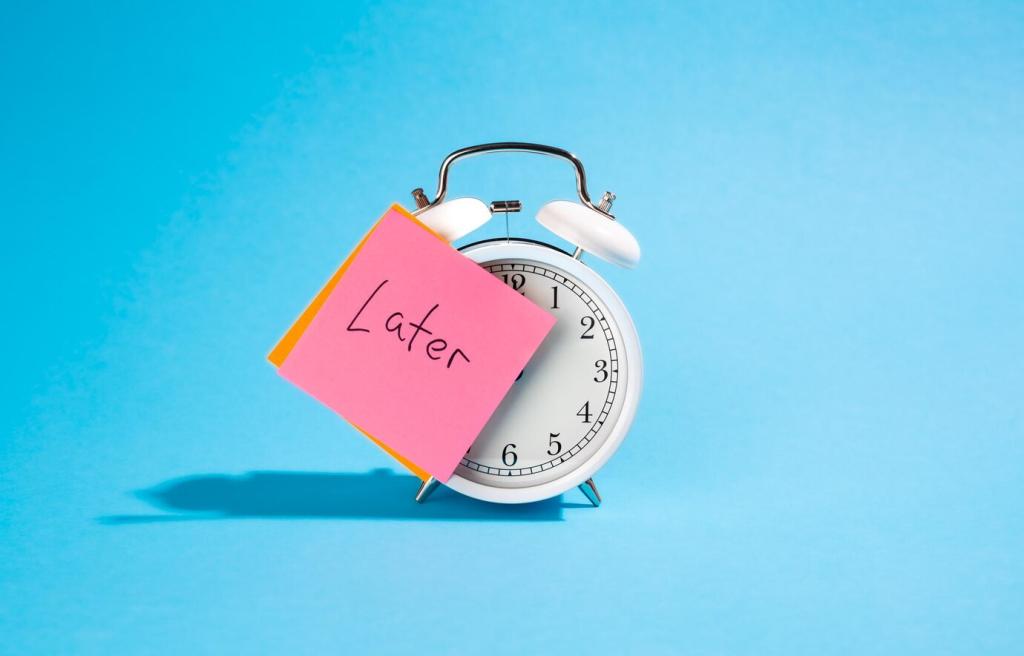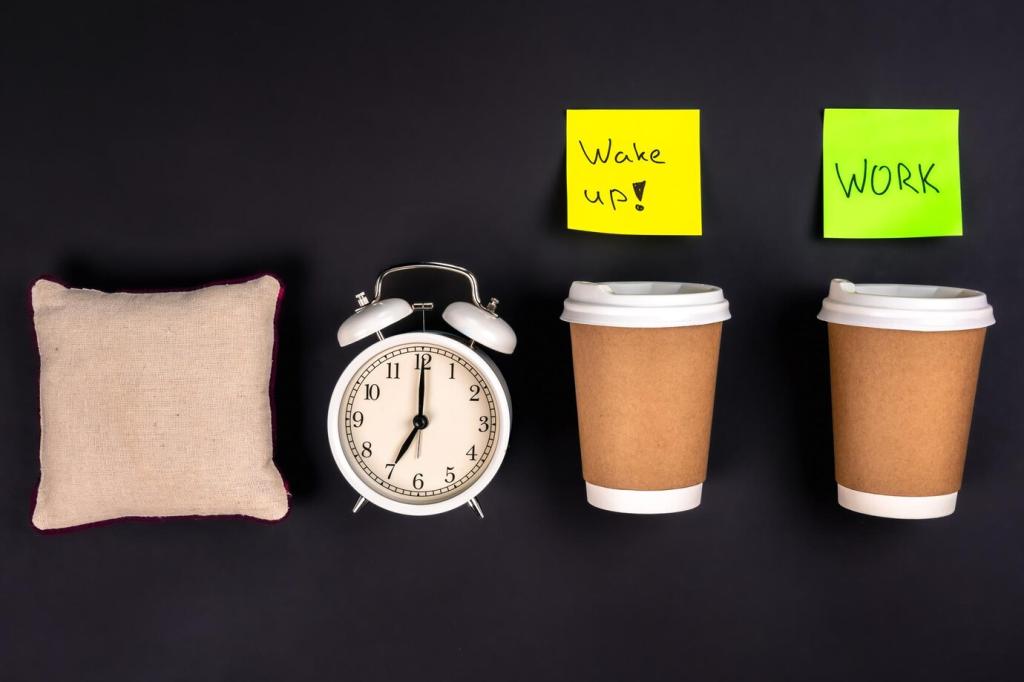Simple Steps to Effective Habit Stacking
Chosen theme: Simple Steps to Effective Habit Stacking. Build better days by attaching tiny, meaningful actions to routines you already do. Start small, feel momentum quickly, and invite consistency to carry you forward.

Start With an Anchor Habit
Identify actions that happen no matter what—pouring morning coffee, brushing your teeth, or locking the door. The more consistent the moment, the more dependable the trigger for your new habit stack.
Design Tiny, Linked Actions
Choose the smallest version of the goal—ten seconds of breathing, one push-up, or opening the journal. Tiny starts are frictionless, quick to celebrate, and surprisingly powerful at building daily consistency.
Place actions in a natural order: anchor first, tiny habit next, optional extension last. A clean sequence reduces decision fatigue and helps your body remember what comes next without conscious effort.
Immediately mark success with a smile, a quiet “Nice job,” or a check on your tracker. Positive emotion teaches your brain, “This felt good—let’s do it again tomorrow.”

Examples You Can Use Today
After I brush my teeth, I will drink a glass of water and stretch for twenty seconds. If it feels easy, I will open curtains for light. Comment with your morning variation.

Make It Stick With Psychology
Location and timing matter. Perform your tiny habit in the same place and right after the same anchor. Predictable cues reduce decision-making, making action feel obvious rather than forced or negotiable.


Make It Stick With Psychology
Immediate rewards beat distant goals. Pair your habit with something that feels good now—music, sunlight, or a brief stretch. The quicker the satisfaction, the faster your brain repeats the behavior.
Troubleshoot Without Guilt
On her busiest days, Maya swapped a full-page journal for one sentence after coffee. The stack survived, her identity stayed intact, and momentum returned when her schedule opened again.


Troubleshoot Without Guilt
If you miss a day, plan a comeback script: “Tomorrow, after my anchor, I will do the two-minute version.” Avoid all-or-nothing thinking; resilience beats perfection in long-term habit change.



